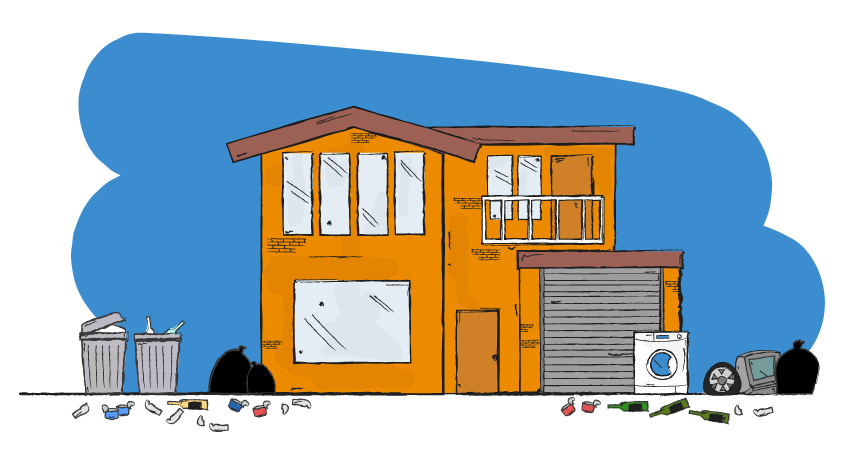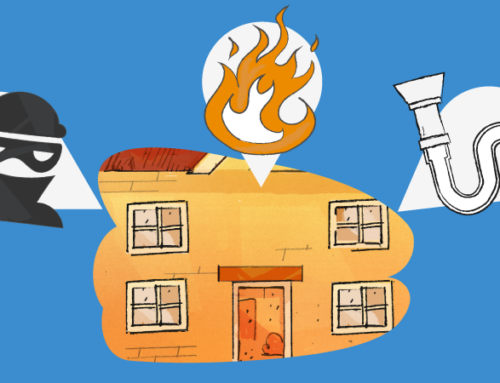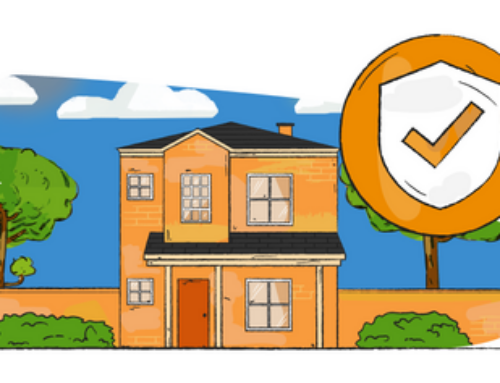Illegal activity in rental properties and the signs to watch out for

A tenant committing an illegal act in a rental property can cause a number of issues for landlords. For example, damage to the property or even the possibility of a court case.
We’ve listed some examples of illegal activity in rental properties for landlords to watch out for:
Antisocial behaviour
Antisocial behaviour can include threatening behaviour, playing music too loud at night, and committing acts of vandalism and graffiti.
Being reported by a landlord, the council or the police for ‘persistent antisocial behaviour‘ can result in a punishment. A court may issue an individual a civil injunction or a Community Protection Notice (CPN). A Criminal Behaviour Order (CBO) can be issued to somebody already convicted of a crime. Antisocial Behaviour Orders (ASBOs) are no longer used in England, Northern Ireland, and Wales. However, they are still issued in Scotland.
Even if you are unaware, a neighbour, the police, or the local council will likely contact you if there is a problem.
Illegal sub-letting
It’s possible that a tenant might look to sub-let your property without your consent. This might happen if the tenant is looking to split the rent costs or even make a profit by overcharging their sub-tenant. Because of this, it’s important to know who is living at your property.
Theft or attempted theft
If you have furnished your rental property, add items belonging to you to an inventory. By asking tenants to read and sign the inventory list, you have proof if anything goes missing during the tenancy. Further to this, having a detailed inventory can also come in handy if the property is burgled.
Those using rented accommodation for drug-growing purposes might not actually live there. This can result in the tenant not taking adequate care of the property, which could be costly for landlords.
Drug farms used for growing illegal substances such as cannabis might result in unauthorised modifications to the property. For example, changes to lighting and the addition of irrigation systems. In the event of a police raid, doors, windows and other furnishings might be damaged.
If you are concerned that your tenants have a drug farm on your property, see if you can arrange an inspection. If they refuse to let you visit, this could be a warning sign. Asking local residents if they have noticed any suspicious behaviour is also worth considering.
Any activity breaking the law should be reported to the police but if you are concerned about the tenant finding out, you can contact them anonymously.
Preventing illegal activity in rental properties
Undertaking periodic inspections allow you to check up on the property regularly. By arranging these inspections in advance and making sure new tenants are aware at the beginning of the tenancy that they will take place can help as a deterrent for illegal activity.
In addition, thorough background checks are vital before allowing a tenant to move in. For example, they allow you to check for past offences.
Protect your property with suitable insurance
The costs associated with the loss or damage caused by these illegal activities can be a problem. A comprehensive landlord insurance policy, however, may help by providing cover for such risks. It’s worth taking a look at the details of a policy to see if it provides suitable protection for your property.
Disclaimer: The opinions and views expressed in the above article are those of the author only and are for guidance purposes only. The author disclaims any liability for reliance upon those opinions and would encourage readers to rely upon more than one source before making a decision based on the information.




